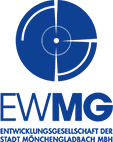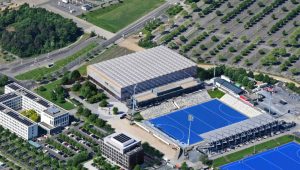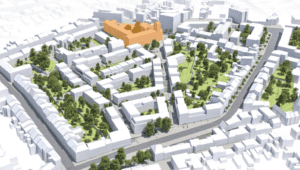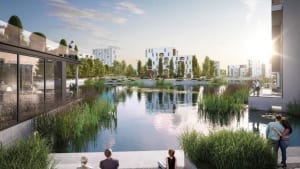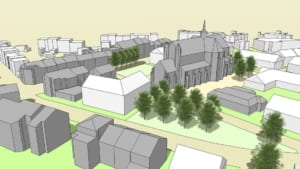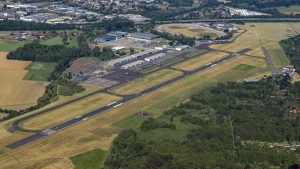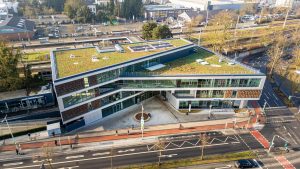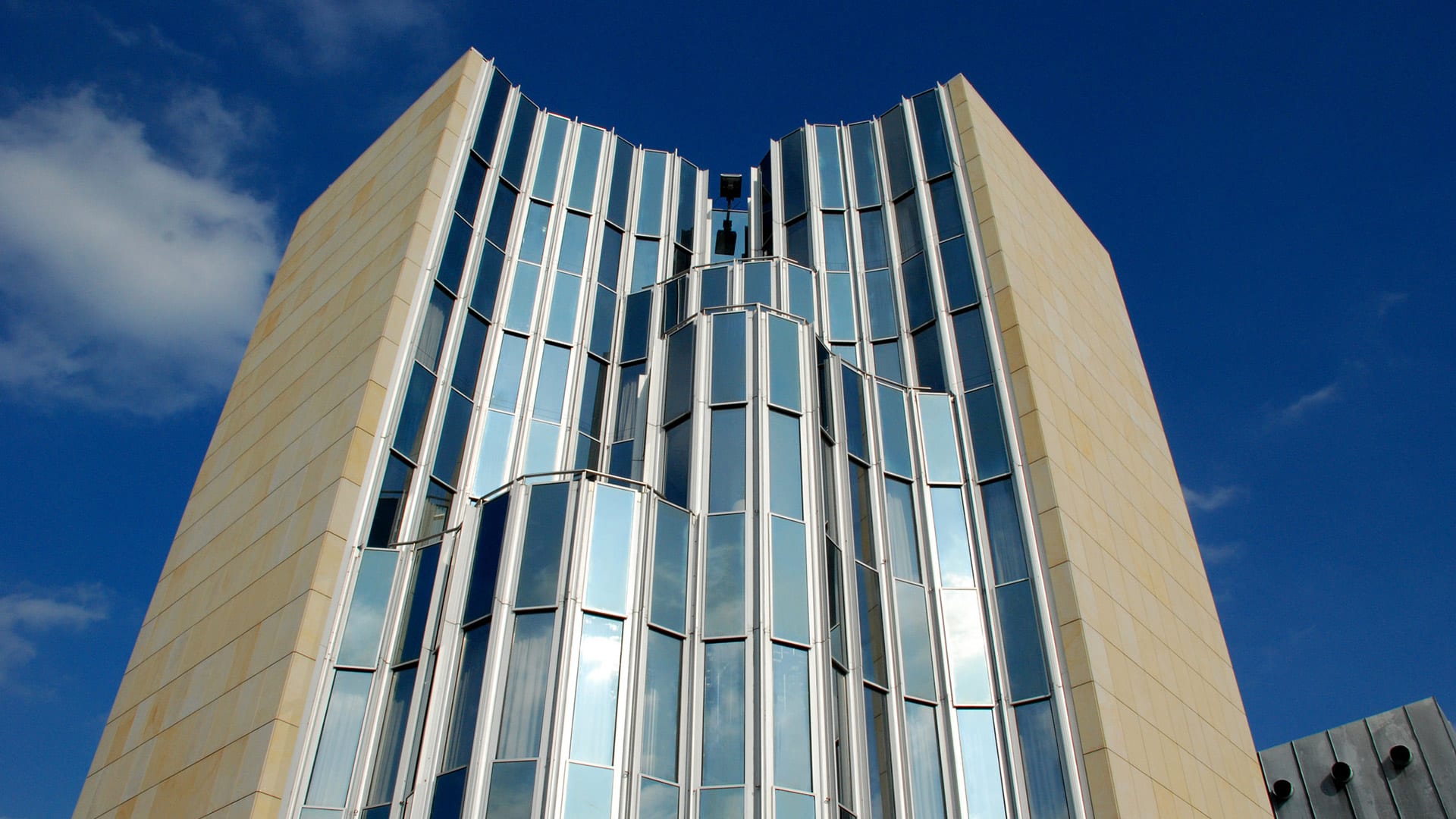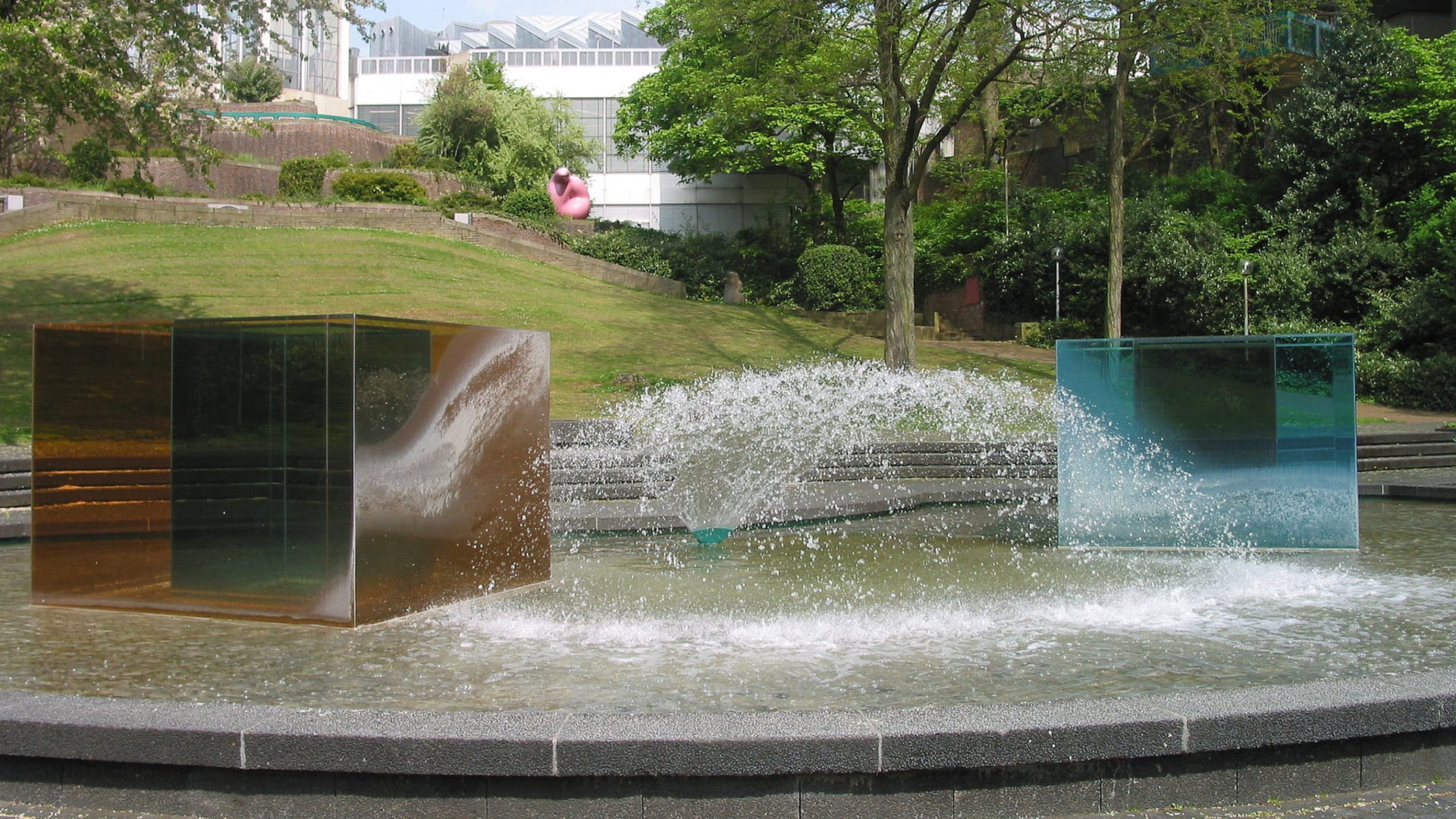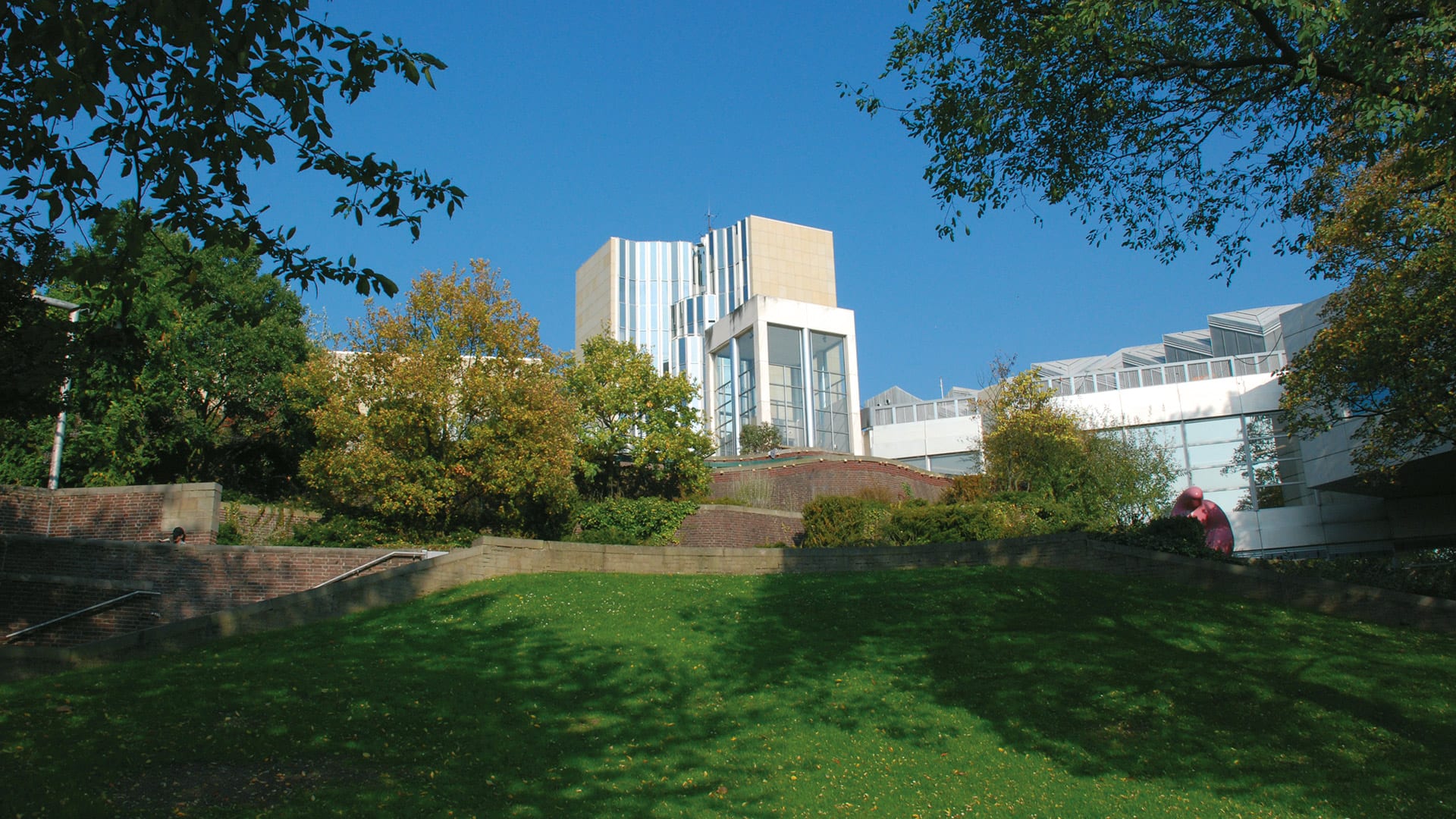Living & Working in Mönchengladbach
Mönchengladbach’s got what it takes: with a population of over 270,000, Mönchengladbach is the largest city between the Rhine and Maas rivers. And it is the people with their lively spirit and their deep-rooted community life who make the city what it is. Mönchengladbach is rejuvenating itself through building; the structural changes are in full swing. Whereas the city used to be largely a textile industry location, it now hosts a colourful and healthy mix of industries.
You can’t go wrong with Mönchengladbach: so much is within easy reach – the Ruhr region, the metropolitan areas of Düsseldorf and Cologne, Aachen and the neighbouring Benelux countries. The location creates quality of life – in the heart of the Lower Rhine, an ancient natural and cultural landscape. The “green city” has gardens and parks, grand houses and moated castles, as well as countryside with its own unique charm.
Urban flair coupled with rural charm. Everyone can feel at home in the “green city”, no matter whether you prefer a buzzing city centre or would rather savour some peace and quiet; short distances and a first-class infrastructure are just two of Mönchengladbach’s special strengths. The shopping malls and arcades are an open invitation for a leisurely stroll and a spot of window shopping. One particular highlight is the Minto shopping mall which was voted Germany’s most beautiful shopping centre.
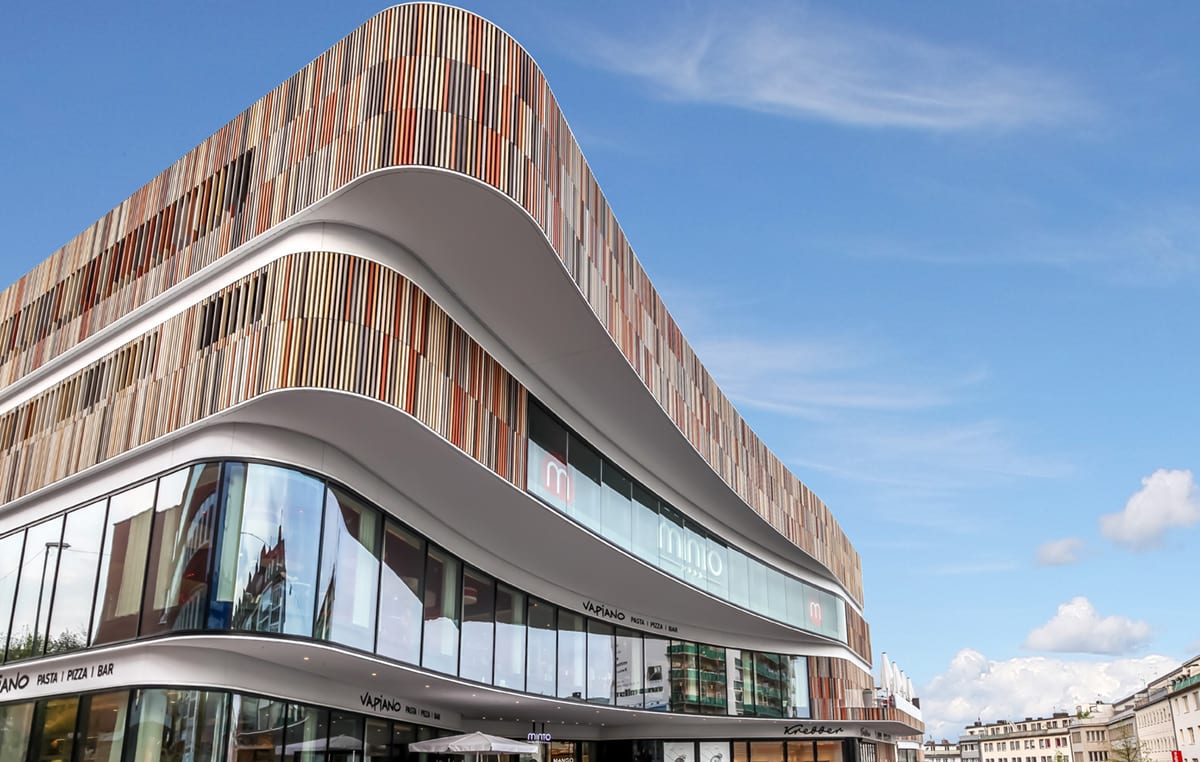
The city is one of Europe’s major study centres for the next generation of textile engineers. Mönchengladbach has always been a hallmark of the textile and clothing industry, the Textile Academy is one of Europe’s foremost. One particular highlight of the building is the textile façade – unique, innovative and high-performance. The textile industry in North Rhine-Westphalia is breaking new ground with a vocational training and professional development program that is unique.
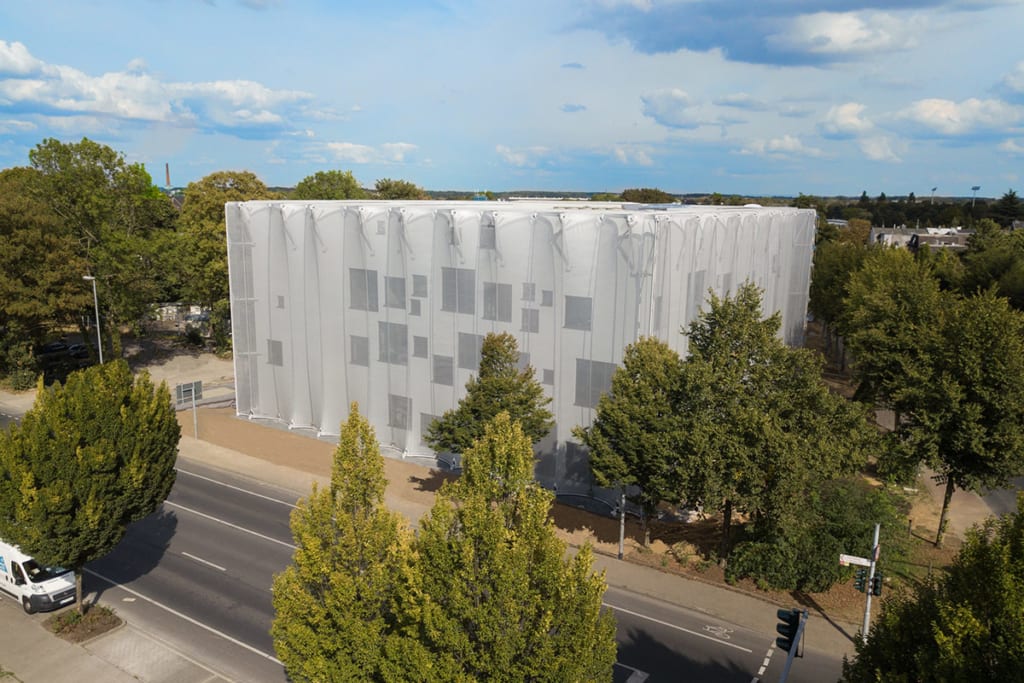
The Hochschule Niederrhein, a university of applied sciences, has some 15,000 students. The degree programme covers subjects ranging from chemistry, design, business administration and economics, electrical engineering and computer science to mechanical engineering and social sciences.
Education starts at an early age, and Mönchengladbach has an extensive network of schools and childcare facilities, an adult education centre as well as institutions such as the MGconnect Stiftung (a foundation) to support young people transitioning from school to their professional career or vocational training.
Mönchengladbach – in the 19th century, the city acquired a reputation as the “Manchester of the Rhine” and a stronghold of the textile and clothing industry. Well-known high-quality clothing and fabric manufacturers such as van Laack still have a presence in Mönchengladbach. Today, the city boasts a balanced mix of industries. Logistics companies have their headquarters in Regiopark located in the south of the city; this site, along with a plot in the neighbouring Rheindahlen commercial zone, has developed into an e-commerce hotspot. Here, Amazon has built a 120,000 m2 state-of-the-art logistics centre. The city’s own airport strengthens aviation-related business.
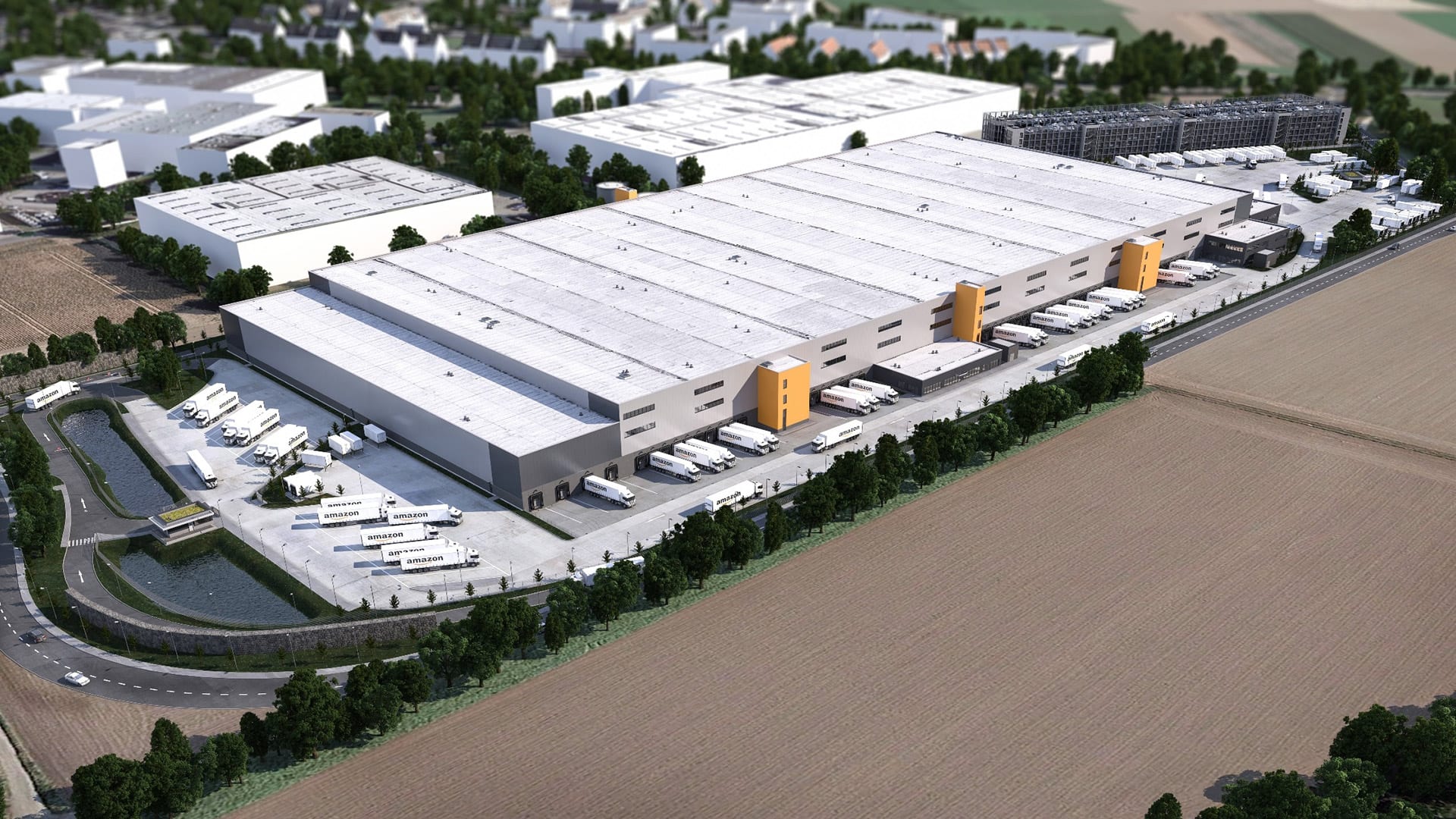
One particular area of focus is the creative, IT and digital economy, because what qualitative economic growth needs most of all is innovation. Digitalization paves the way for new processes, products and strategies. Here, business development aims to provide companies with support and to locate start-ups and innovative firms in Mönchengladbach.
In the future, the right framework conditions will continue to be crucial, especially for innovative thinkers and doers, as well as the coordinated collaboration of urban and private actors. As part of the Rheinisches Revier, Mönchengladbach is now actively shaping structural change. The groundwork is being laid: a knowledge campus as a nucleus for new and interdisciplinary developments, a new degree program at Hochschule Niederrhein focusing on the current topics of cybersecurity, cybercrime, and digital transformation, an airport serving as an innovation and research hub, spaces for an active startup scene, a forward-thinking textile factory aiming to revolutionize production sustainably, and the consistent expansion of digital infrastructure. These are just a few examples among many that demonstrate Mönchengladbach’s investment in pioneering developments, building knowledge and spaces to actively shape its future.
Details and the latest information on Mönchengladbach as a business location are available from the homepage of business city’s development company WFMG at www.wfmg.de/en.
You are spoilt for choice when it comes to leisure activities in Mönchengladbach, too. There is plenty to see and hear in Mönchengladbach! Culture is everywhere: exhibitions, events – from music and fine arts to theatre, fringe shows and cabaret. World-renowned artists such as Sting, Shakira and Bryan Adams have performed in the SparkassenPark. Famous classical musicians and actors set the tone in the Kaiser Friedrich Hall or in Rheydt Castle.
One architectural highlight is the Abteiberg Museum: a world-famous architect (Hans Hollein) and outstanding collections of international art make a big impression. The historical setting of the Renaissance Schloss Rheydt or Schloss Wickrath, a Baroque gem and an important centre for horse breeding, makes them a unique attraction. The oldest architectural monument, the abbey founded over 1,000 years ago, testifies to Mönchengladbach’s long history.
Mönchengladbach has a history of world-class football: in the 1970s (almost) no other football team could match the “Foals”. The stage is already set for the next victories: the new stadium in Nordpark with a capacity of 54,000 built under the aegis of EWMG was opened in 2004/2005. And now, supporters can celebrate after a thrilling match in Borussia’s new 15,000 m2 four-star hotel right next to the stadium.
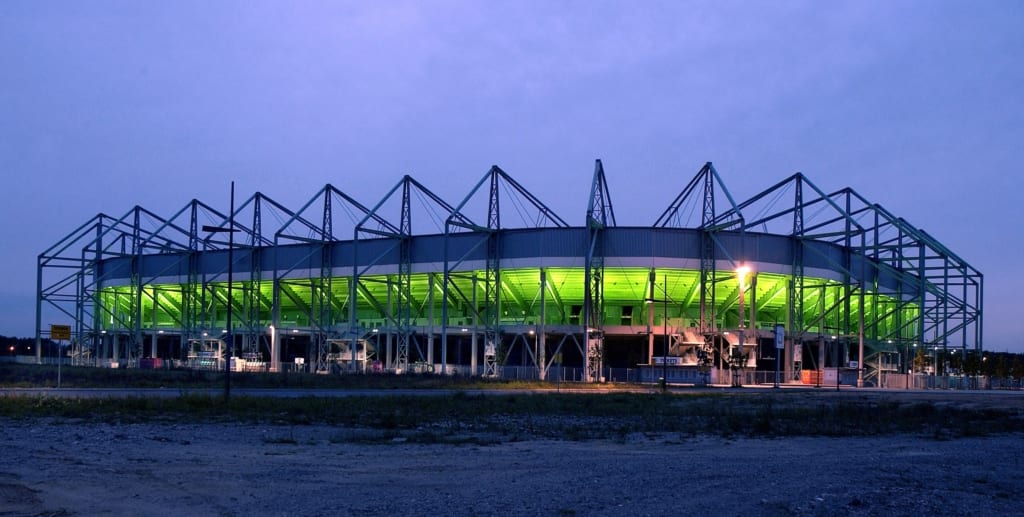
Another sport also has a tradition in Mönchengladbach: field hockey. The HockeyPark in Nordpark is pretty impressive – and the ideal venue for players and 9,000 fans. The HockeyPark celebrated its first highlight not long after opening when it hosted the 2006 Men’s Hockey World Cup. The German Hockey Federation moved its headquarters to Mönchengladbach in the same year. The FIH Pro League came to Mönchengladbach first in 2019. EWMG upgraded the stadium ready for the new international league in good time for the umpire to blow the whistle to start the matches played by the German men’s and women’s hockey teams.
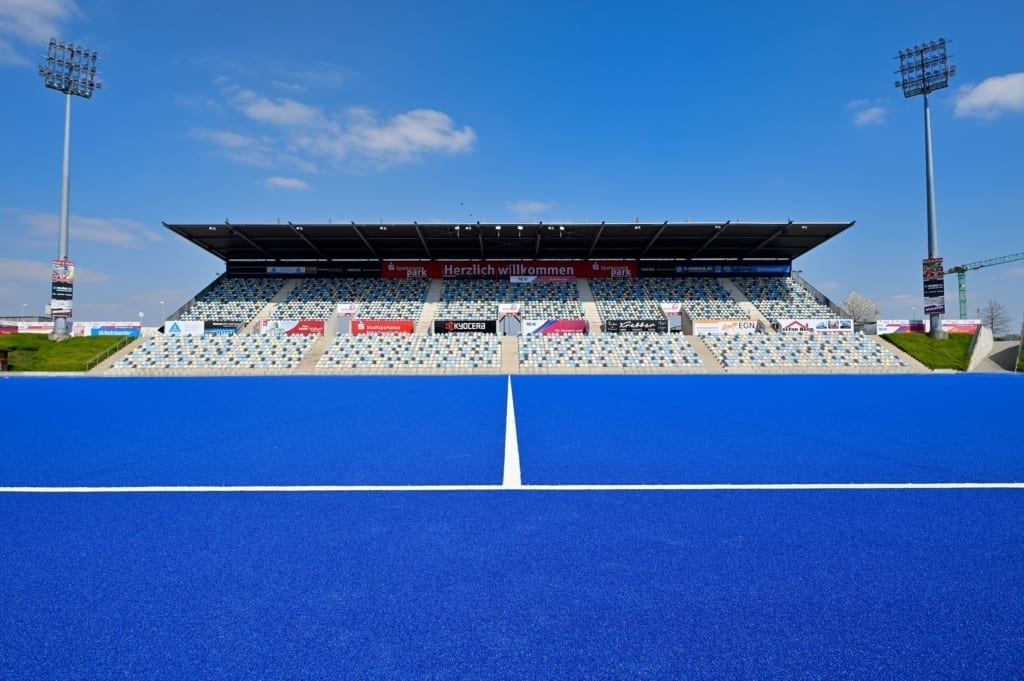
Many are unaware that Mönchengladbach is also up there with the best in artistic cycling. RV Adler 1901 Mönchengladbach-Neuwerk holds more than 100 German and 5 European titles, and ranks as one of the most successful indoor cycling clubs.
